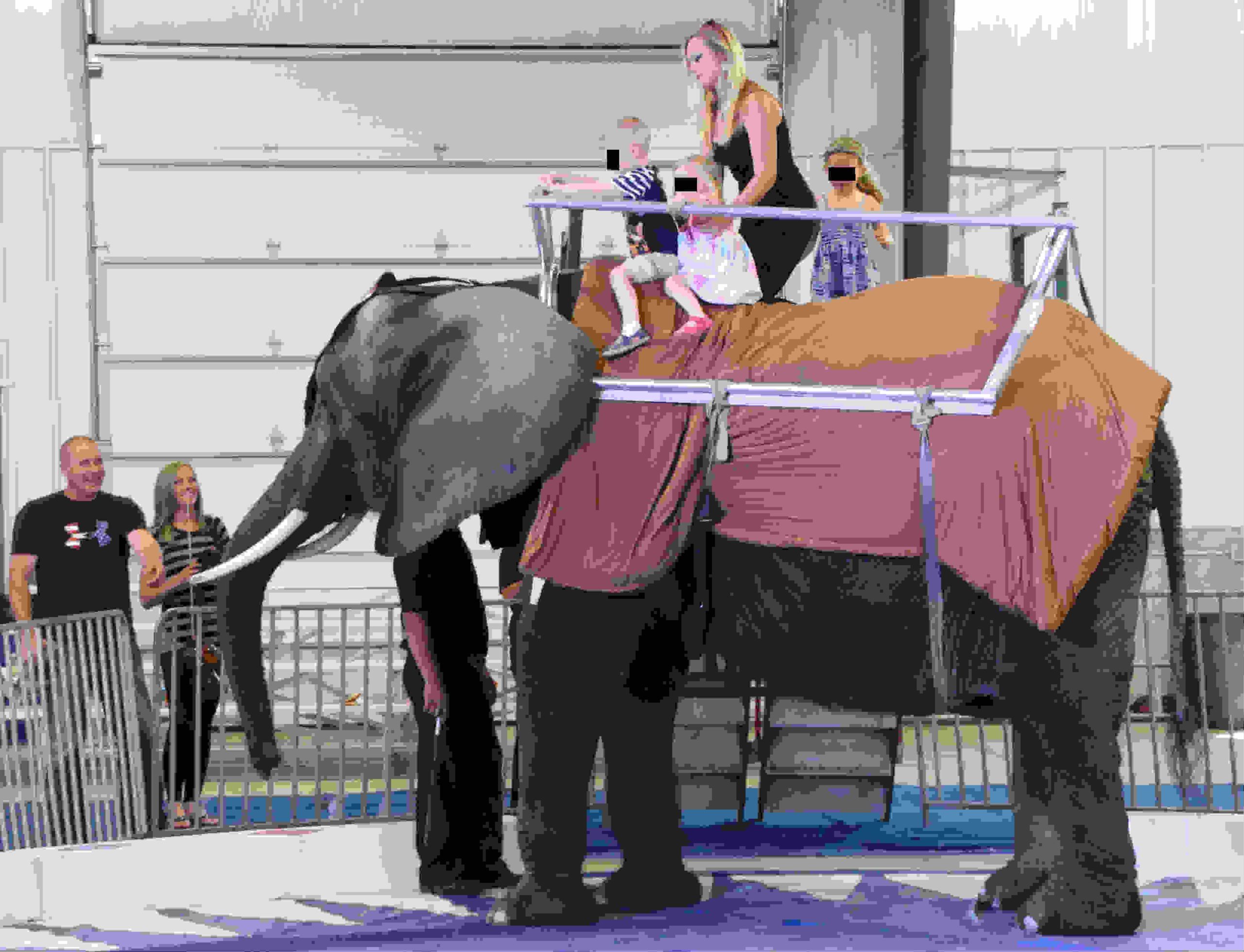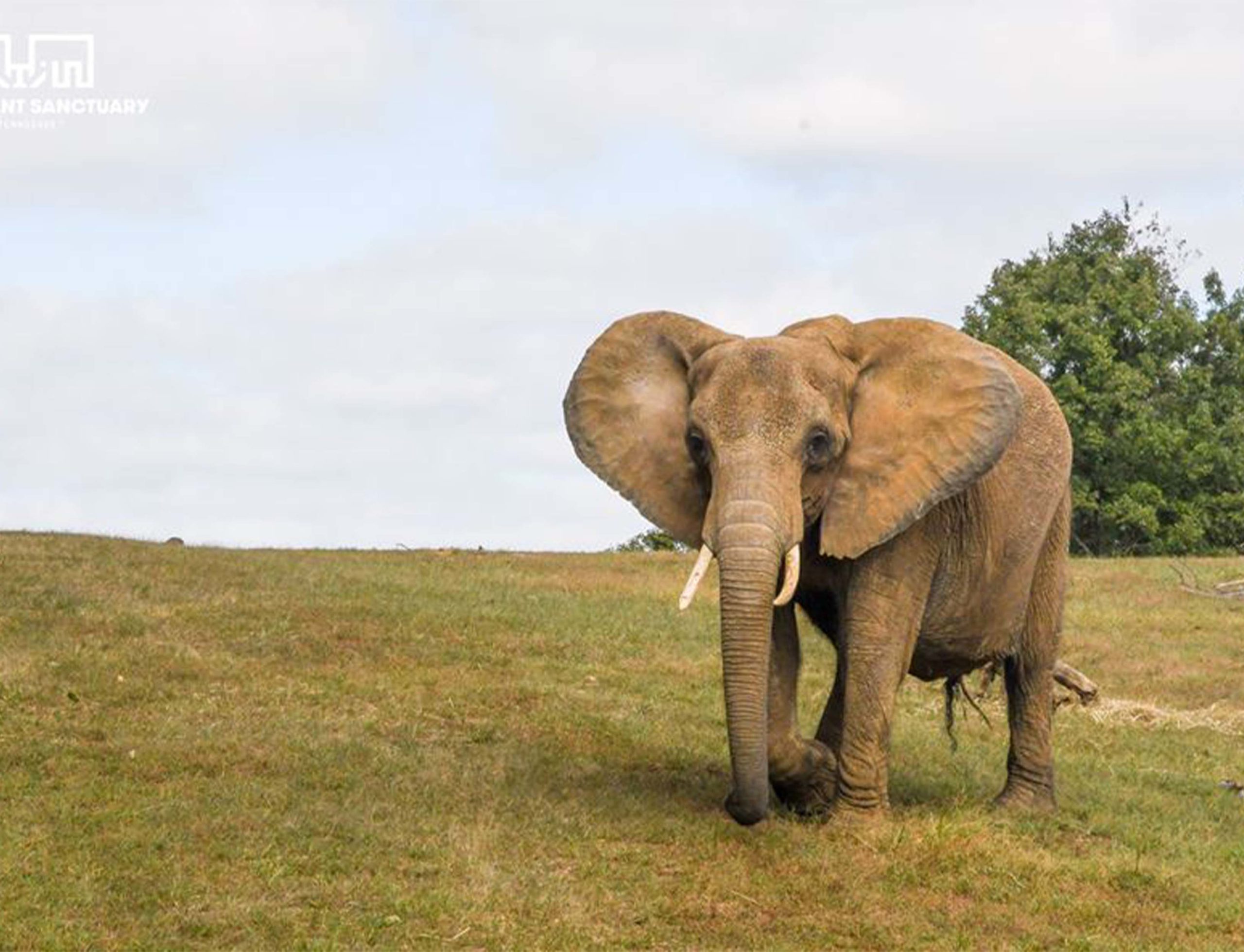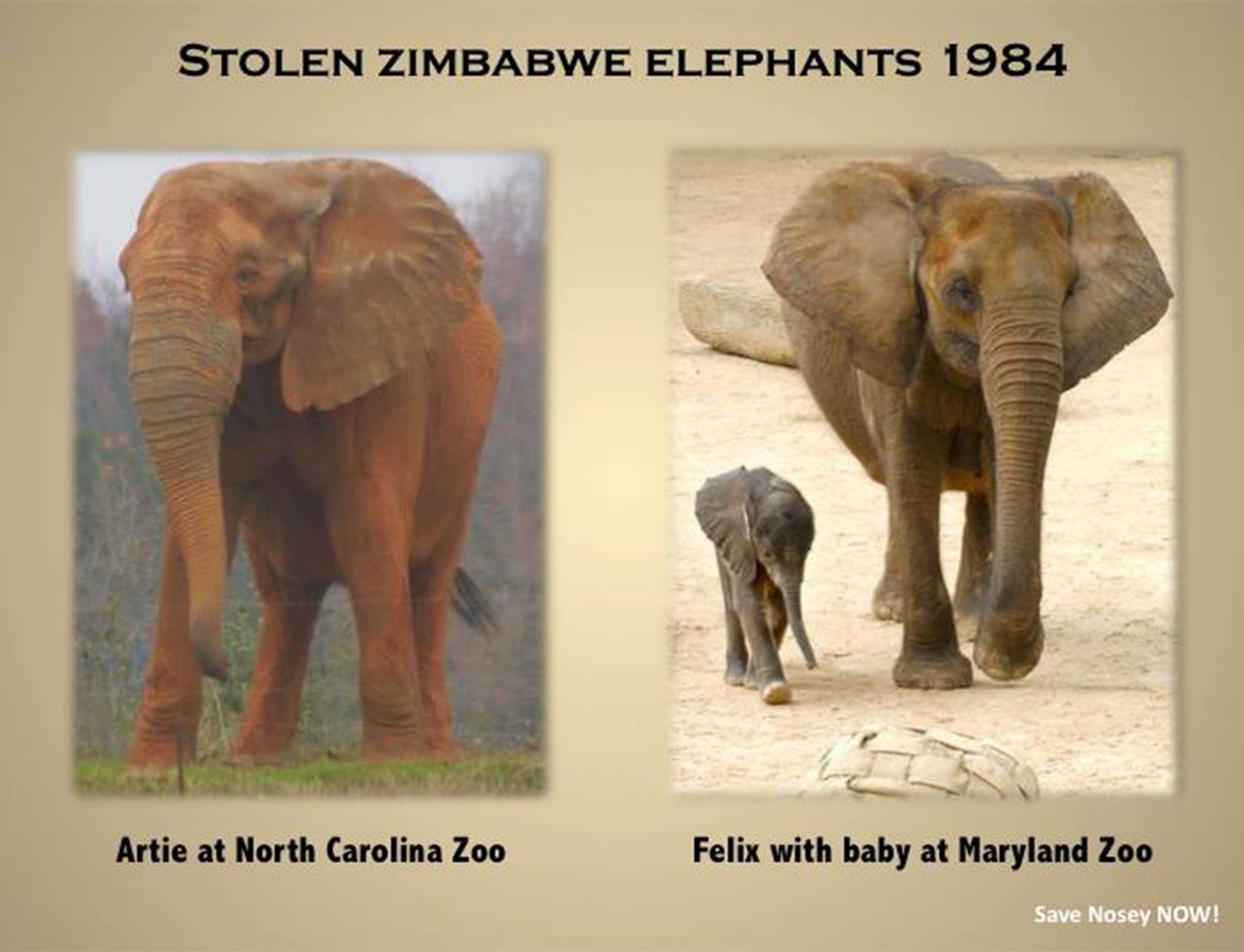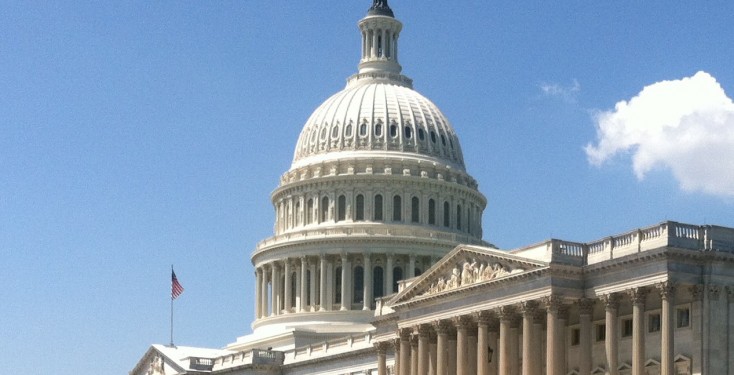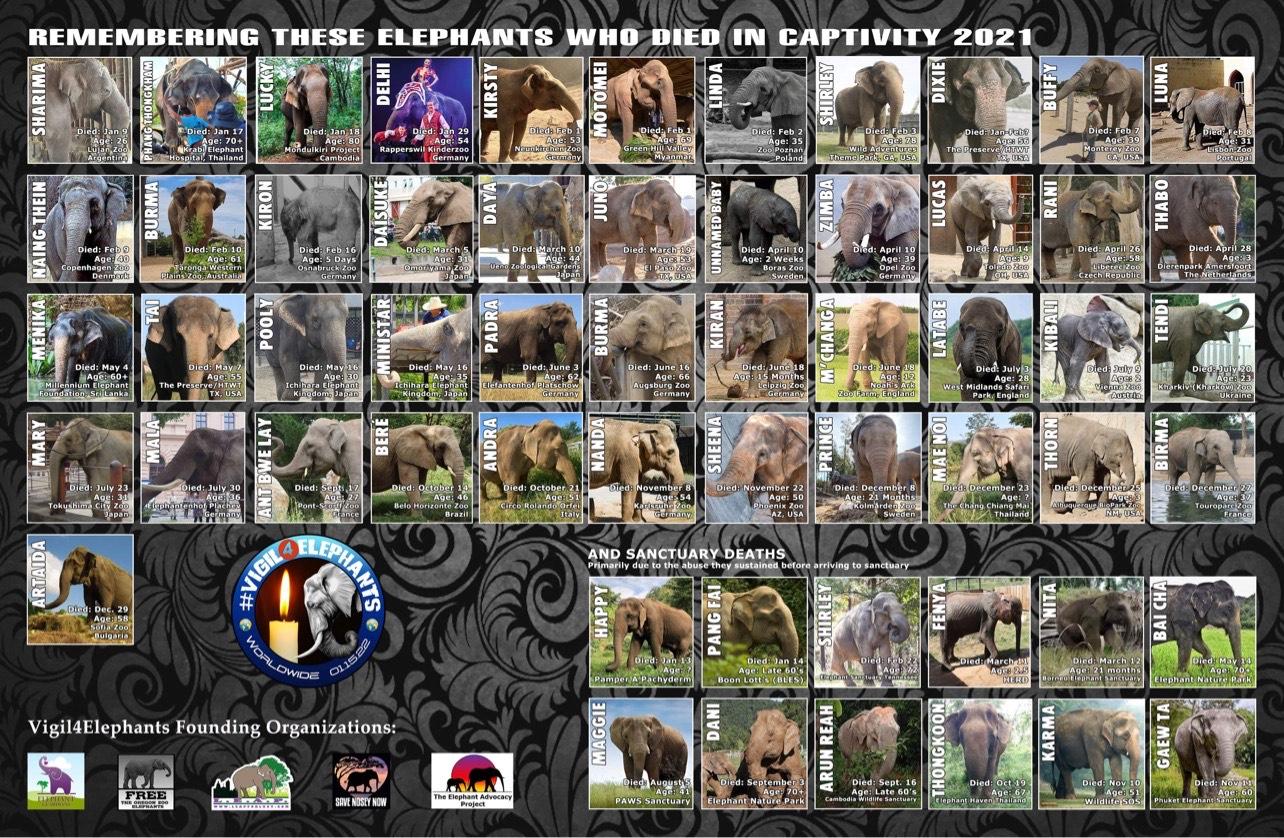We are a Founding Organization for the Annual International Candlelight Vigil4Elephants. Captive-held Elephants are treated as commodities to generate profit for zoos, circuses, and other entertainment venues, shuffled from place to place with no regard for their well-being, often spending the majority of their time alone in substandard conditions, without the space required by the largest land mammal on Earth. These Elephants die prematurely of diseases such as arthritis, foot disease, tuberculosis, endotheliotropic herpesviruses (EEHV), and other illnesses brought on by the unnatural conditions of their confinement. Elephants in captivity also display stereotypical swaying, rocking, and bobbing movements which are symptoms of extreme psychological stress and trauma. The International Candlelight Vigil4Elephants serves to honor these extraordinary beings and their birthright of freedom. The International Candlelight Vigil4Elephants is an offering of remembrance and a call to walk gently upon the Earth with compassion and respect for all who share our one planet.

